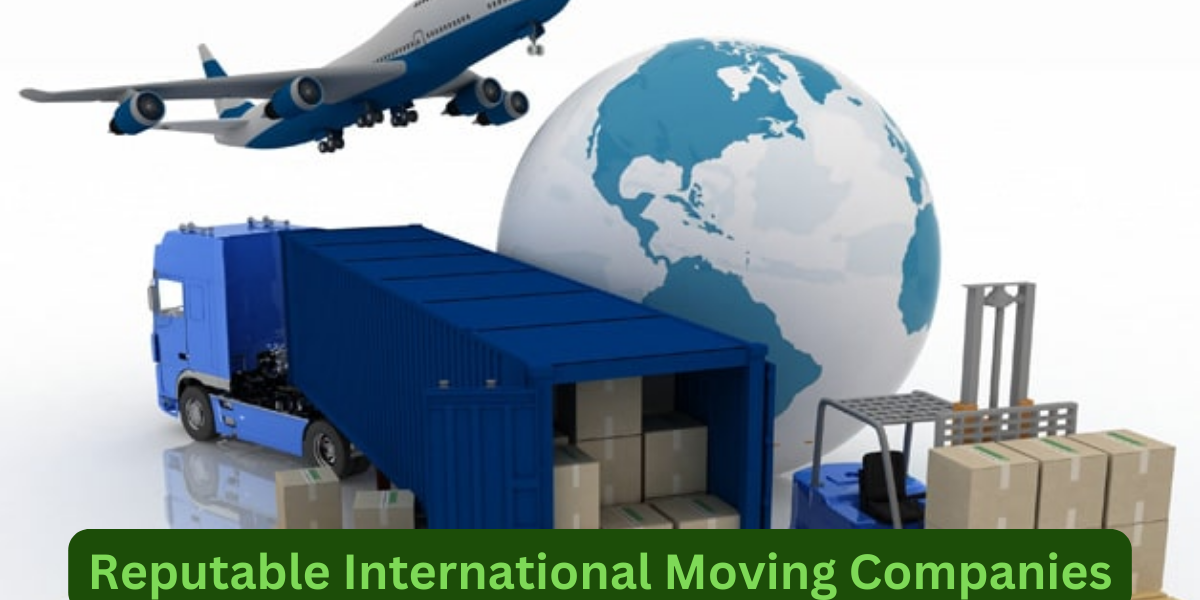Why Logistics Is Important To Know When Planning A Business

When you’re planning a business, it’s important to think about the logistics of how your product or service will get from point A to point B. After all, without a proper logistics plan in place, your business will quickly become unprofitable. While some businesses may be able to get by with a less than ideal logistics plan, others simply cannot. If you’re in the latter category, then this blog post is for you. We will explore why logistics is important to know when planning a business and offer some tips on how to create a successful logistics plan.
What is logistics?
In business, logistics is the organized movement of materials and products from one location to another. Logistics includes the coordination of transportation, warehousing, and inventory management. A company’s logistical strategy must take into account the cost of transportation, the availability of resources, and customer service.
An efficient logistical system is critical for a company to be able to compete in today’s global marketplace. The internet has made it possible for customers to comparison shop and find the best deals on products and services. This means that companies must be able to get their products to market quickly and at a competitive price.
There are many different aspects to consider when planning a business’s logistics. The first step is to develop a clear understanding of the company’s needs. What products or services does the company offer? Where are the customer’s located? What are the delivery requirements? Once these needs are understood, the next step is to determine the most efficient way to move goods from point A to point B.
Transportation options include ground, air, and ocean shipping. Each mode of transportation has its own advantages and disadvantages. Ground shipping is usually the most economical option but can take longer than other methods. Air shipping is faster but typically more expensive. Ocean shipping is often used for large shipments or when time is not as critical factor.
What are the different types of logistics?
There are many different types of logistics, but the most common are transportation, inventory, and warehousing.
Transportation logistics is the process of planning and executing the movement of goods from one location to another. This includes the coordination of all resources and activities required to move goods, including vehicles, drivers, and routes.
Inventory logistics is the process of planning and managing inventory levels to ensure that businesses have the right products on hand at all times. This includes forecasting future demand, ensuring that products are available when needed, and minimizing storage costs.
Warehousing logistics is the process of managing the storage and distribution of goods. This includes receiving and storing products, picking and packing orders for shipment, and shipping goods to customers.
Find The Best Logistic Company In Dubai.

The importance of logistics in business
Logistics is the coordination and management of the resources and information required to meet the needs of customers or clients. It is a vital function in any business, as it ensures that goods or services are delivered to the customers on time and in the correct quantities.
There are many reasons why logistics is important to know when planning a business. Here are just a few:
- Logistics can make or break a business.
If goods or services are not delivered on time, or in the right quantities, this can lead to unhappy customers and lost sales. Poor logistics can also damage a company’s reputation, making it harder to win new business.
- Logistics affects every part of a business.
From production and procurement, through to delivery and customer service, efficient logistics is essential for everything to run smoothly. When logistics are not managed effectively, it can have a knock-on effect on other areas of the business, leading to delays and disruptions.
- Logistics costs need to be carefully controlled.
Transportation and warehousing costs can be significant for businesses, so it is important to ensure that these costs are kept under control. This includes considering things like route planning and load optimization to minimize wastage and maximize efficiency.
The benefits of knowing logistics when planning a business
In the business world, logistics refers to the transportation, storage and distribution of goods. A company’s logistics department is responsible for ensuring that products and materials are delivered to customers and clients on time and in good condition.
Logistics is a critical part of any business, but it is often overlooked when it comes to planning and decision-making. This is because many people do not understand what logistics entails or how it can impact a business. Here are some key points to keep in mind if you want to ensure that your business runs smoothly:
- Logistics affects every stage of the product life cycle.
From the moment raw materials are sourced until the final product is delivered to the customer, logistics must be taken into account. This includes decisions about supplier relations, transport routes, warehousing and inventory management.
- An efficient logistics operation can save your company money.
By optimizing transportation routes, negotiating favorable contracts with suppliers and using data-driven decision-making, a company can reduce its overall costs. This savings can be passed on to customers in the form of lower prices or reinvested in other areas of the business.
- Good logistics can improve customer satisfaction levels.
If a product arrives late or damaged, it reflects poorly on the company. By ensuring that products are delivered on time and in good condition, businesses can increase customer satisfaction levels and build loyalty among their clientele base.
The magazine industry is evolving rapidly to stay in line with the ever-changing technological landscape. One of the future trends in the industry is the incorporation of VR and AR technologies. With the emergence of virtual and augmented reality, magazines are looking for ways to offer readers a more immersive and interactive experience. By incorporating these technologies, magazines can create engaging content that goes beyond traditional printed pages.
How to get started with learning logistics
There are many moving parts to starting a business, and logistics is often one of the most overlooked. Yet, without a solid understanding of how to get goods from point A to point B, your business will quickly become bogged down in inefficiencies. Here are a few tips on how to get started with learning logistics:
- Understand the basics of transportation. This includes mode selection (e.g., truck, rail, ship, air), routing (the process of determining the best route for shipments), and freight classification (how to correctly label and rate shipments).
- Learn about warehousing and inventory management. This includes storage methods (e.g., stacking, racking, cross-docking), order picking techniques, and inventory control methods (e.g., first in first out, just in time).
- Get familiar with the various types of logistics services available. These include transportation management, warehousing and distribution, supply chain management, and reverse logistics.
- Study up on common logistics software applications. This will help you automate various aspects of the logistics process, from quote requests to invoicing and tracking shipments.
- Stay current on industry news and trends. This will help you identify new opportunities for streamlining your operations and keeping ahead of the competition.


